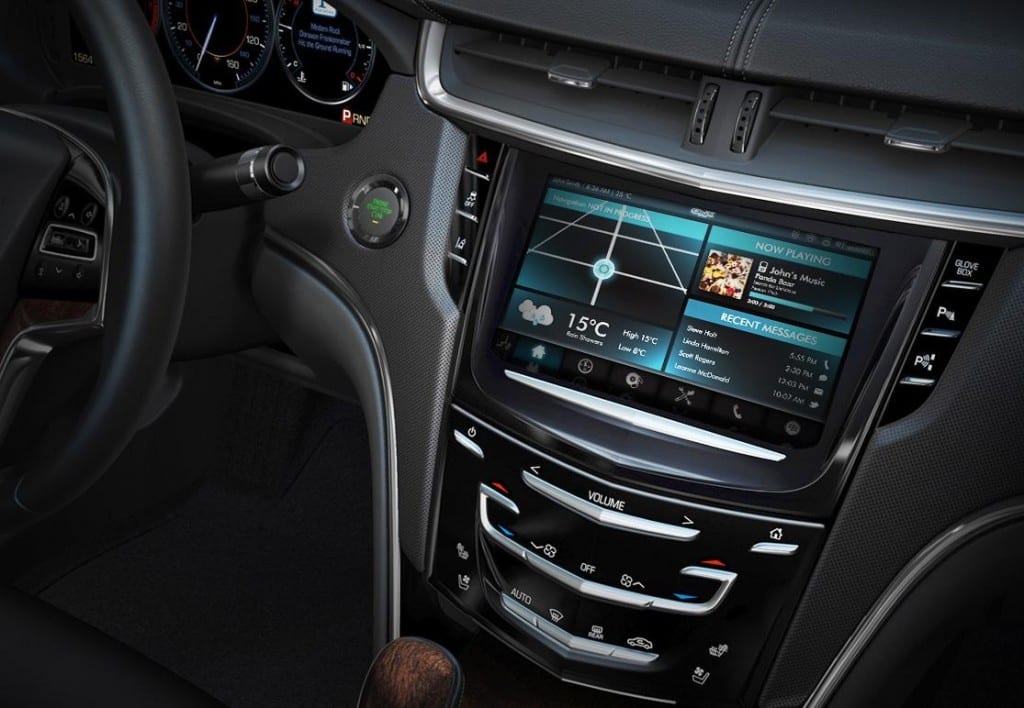
BlackBerry’s QNX Software Systems says its platform has been deployed in Singapore’s public buses and also will be expanded to Thailand and the Philippines.
According to the BlackBerry subsidiary, which develops OSes and embedded software tools, its QNX Neutrino OS is supporting a fare collection system that includes automatic gates, ticketing machines, and on-board bus equipment,
Originally created by systems integrator MSI Global, the software system had been deployed in more than 4,800 public buses in Singapore. MSI specializes in land transport software development, with customers in regional and global markets, and is a subsidiary of Singapore’s Land Transport Authority (LTA).
It implemented QNX Neutrino OS for better performance and security, as well as to support new fare products, BlackBerry said. It added that the platform supported multitasking of multiple subsystems and web technologies that provided advanced graphic capabilities, such as HTML5, allowing MSI to create a more intuitive user interface.
Silvester Prakasam, MSI’s fare system business unit head, said in a statement Thursday: “MSI’s experience with QNX Neutrino has been very favorable and we will continue to leverage the same secure OS for our future projects… With QNX Neutrino, we were able to create a design that is fast and reliable, yet affordable to customers in cost-sensitive regions.”
“Embedded systems today need a comprehensive OS platform that encompasses everything from Web technologies and advanced graphics to security, connectivity, and high reliability,” said QNX COO John Wall.
In a separate statement Thursday, BlackBerry said its BlackBerry Leap handset would be available in Singapore from May 23. The device is the company’s first full touchscreen offering and targeted at the mass market of “young power professionals”.
BlackBerry’s managing director of Singapore, Cameron Vernest, said: “With an all-touch screen, the BlackBerry Leap rounds out our portfolio of BlackBerry 10 devices, offering an affordable choice to mobile professionals who require a smartphone that safeguards sensitive communications and keeps them productive.”
The handset runs the latest BlackBerry 10.3.1 OS and features a 5-inch HD display. It will be available via the enterprise sales teams for Singapore’s three mobile operators–M1, StarHub, and Singtel–as well as M1 retail shops, BlackBerry said.